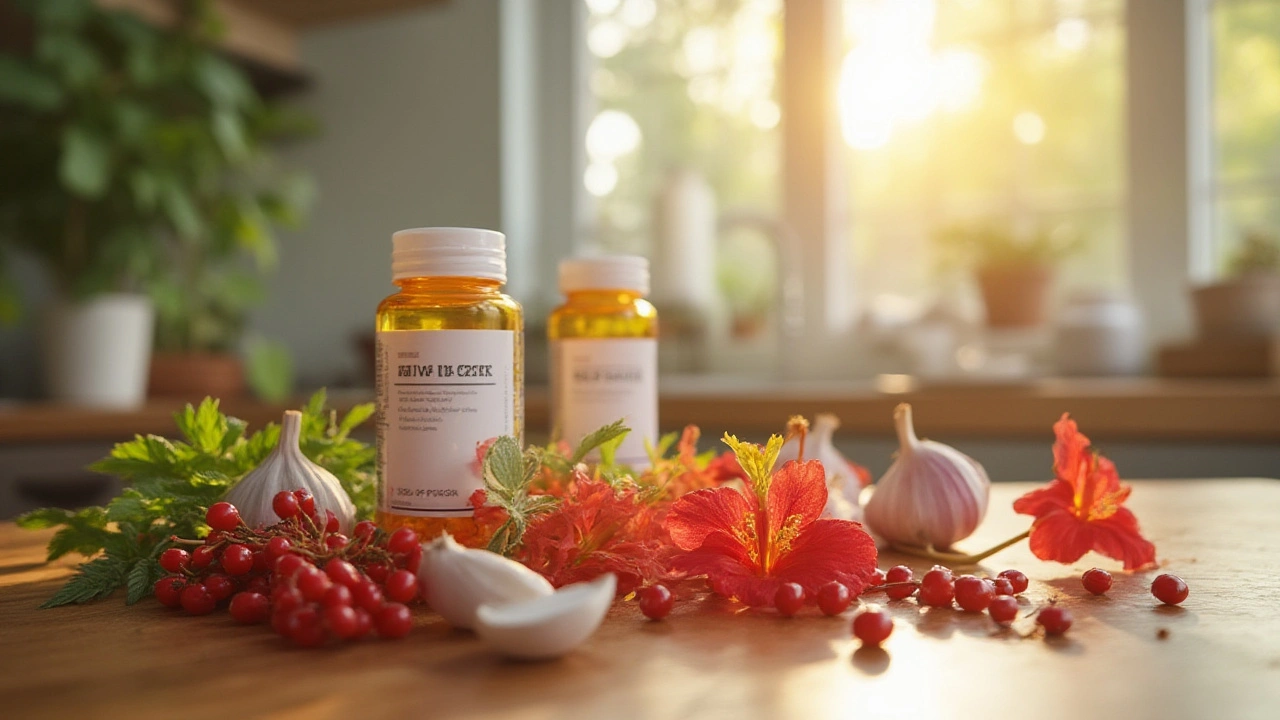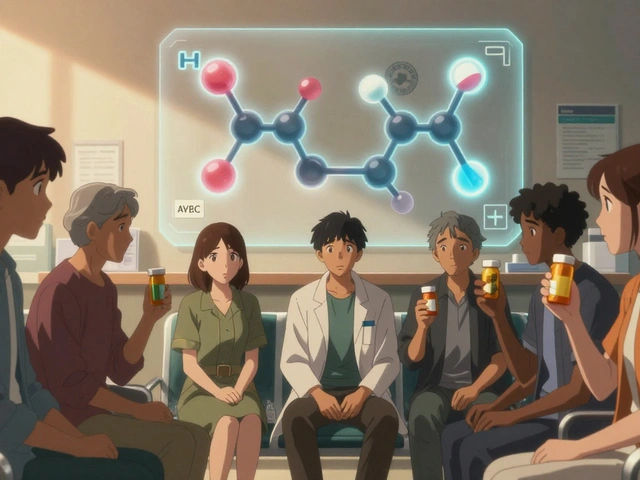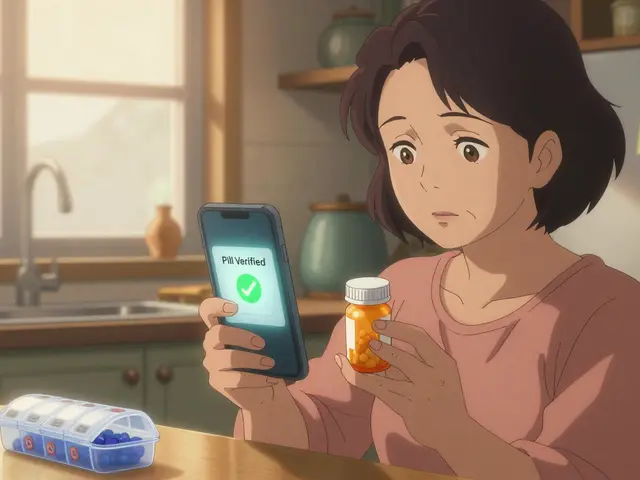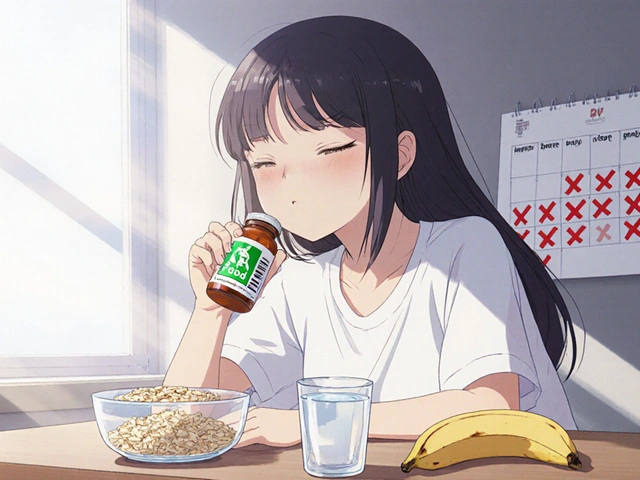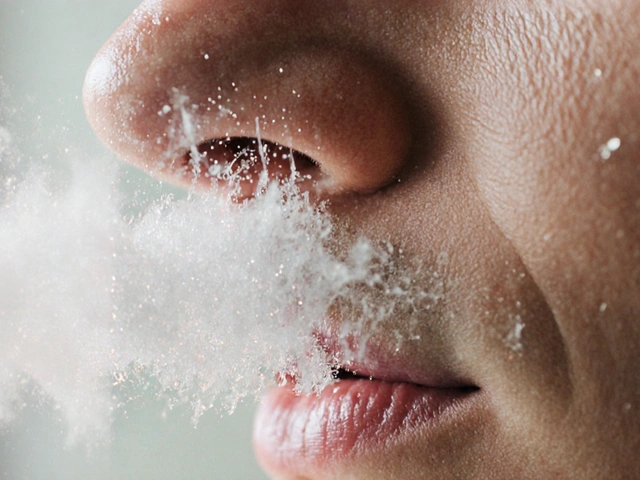Hibiscus and Blood Pressure: What You Need to Know
If you’ve heard that hibiscus can help lower blood pressure, you’re not alone. Many people turn to this bright red flower for a natural boost to heart health. The good news is that hibiscus isn’t a miracle cure, but it does have compounds that can relax blood vessels and improve circulation. Let’s break down how it works, how to use it safely, and what results you can realistically expect.
How Hibiscus Affects Your Blood Pressure
Hibiscus contains anthocyanins, flavonoids, and organic acids that act like gentle vasodilators. In simple terms, they help widen blood vessels, making it easier for blood to flow and reducing the pressure on artery walls. Several small studies have shown a drop of 4‑7 mmHg in systolic pressure after a few weeks of daily consumption. That’s comparable to cutting back on a salty snack, and it adds up when you combine it with a balanced diet.
Best Ways to Use Hibiscus for Blood Pressure
Most people drink hibiscus as a tea. Here’s a quick recipe: steep 1‑2 teaspoons of dried hibiscus flowers in hot water for 5‑7 minutes, strain, and enjoy warm or cold. Aim for 2‑3 cups a day, but start with one cup to see how your body reacts. If the tart taste is too strong, add a slice of lemon or a splash of honey – just keep added sugars low.
For those who dislike tea, hibiscus extracts are available in capsule form. Look for products that list a standardized amount of hibiscus anthocyanins (usually around 500‑800 mg per serving). Follow the label, and don’t exceed the recommended dose without consulting a health professional.
Remember, hibiscus can interact with certain medications, especially blood pressure drugs and diuretics. If you’re already on prescription meds, talk to your doctor before adding hibiscus to your routine.
Consistency matters. The blood‑pressure‑lowering effect shows up after 2‑4 weeks of daily use. Pair hibiscus with other heart‑healthy habits – low‑salt meals, regular walking, and stress‑relief techniques – for the best outcome.
In short, hibiscus is a tasty, low‑cost option that can modestly lower blood pressure when used regularly and responsibly. Give it a try, watch your numbers, and keep your doctor in the loop for a safer, healthier heart journey.
Herbal Beta-Blocker Alternatives: Clinical Trials on Hawthorn, Garlic, and Hibiscus
Can hawthorn, garlic, or hibiscus help your heart as much as beta blockers? Dive into clinical trial findings and practical tips on herbal heart health.
